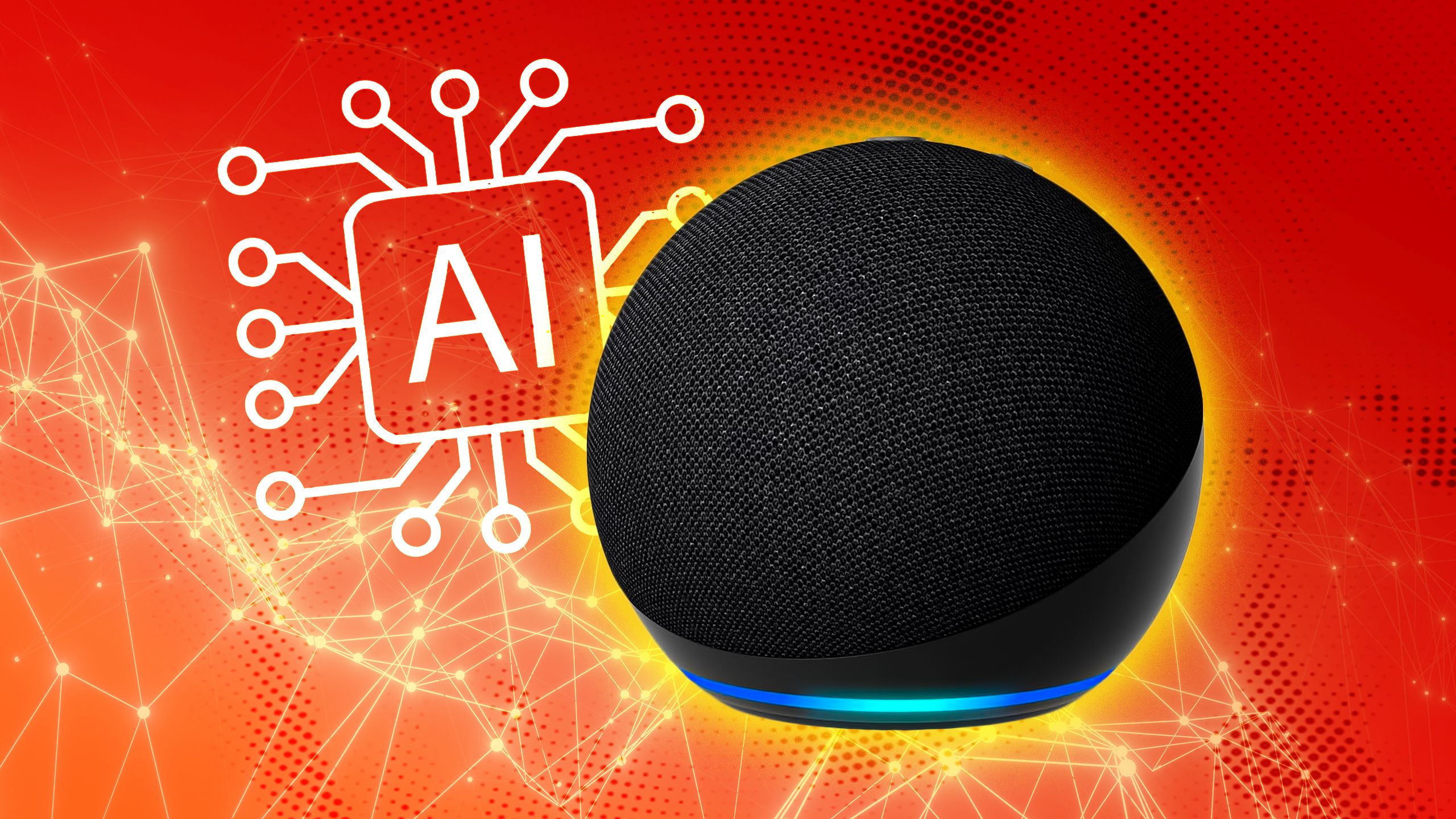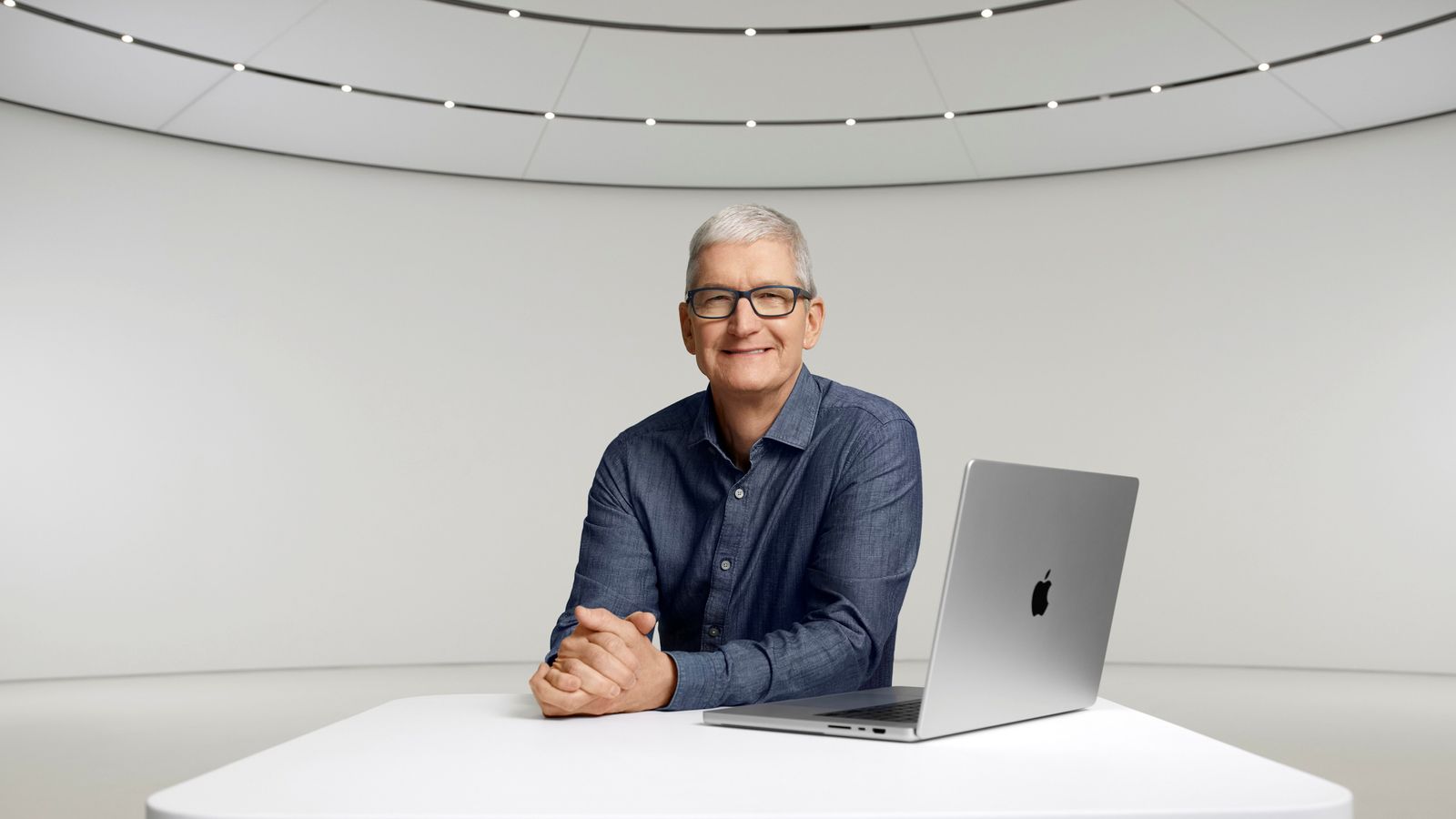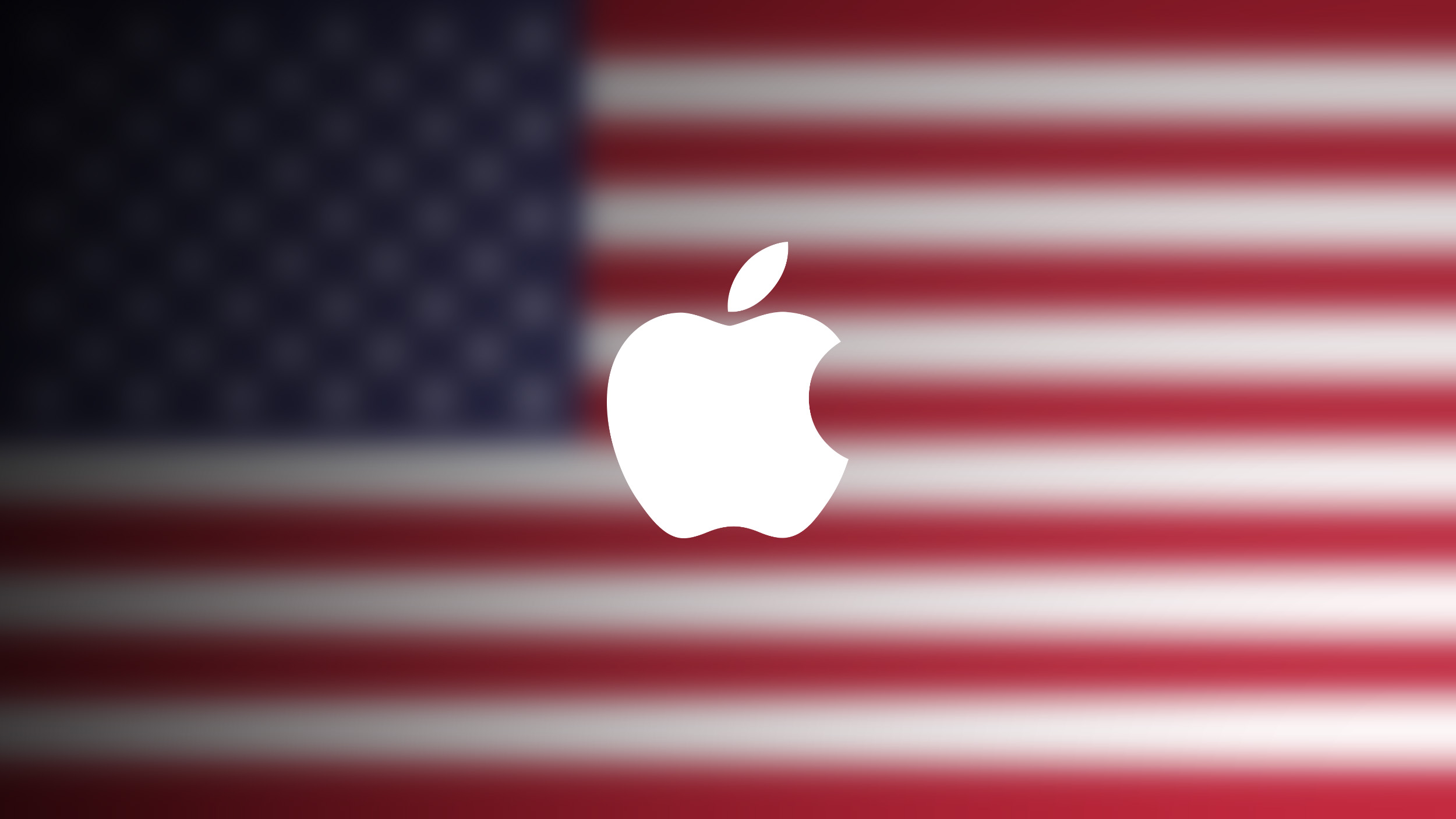Don’t blame Apple for the US smartphone market, blame the US carriers
[[{“value”:”
Write this down, because I’m going to tell you my secret to understanding the US mobile industry for the last 20 years. The answer to everything is ‘The Carriers.’ Every question, every conundrum. If you want to know why we DO have this, or DON’T have that? The answer is the US carriers: AT&T, Verizon, and T-Mobile. How has Apple managed to achieve monopoly power in the US and draw the ire of the Justice Department? The answer is the US carriers.
(Image credit: Future / Philip Berne)
One of the strongest points that Apple makes in its rebuttal to the government’s lawsuit is that the government is considering only the US market, but Apple competes on a global scale. In the global market, Apple’s market share is much lower than in the US alone. It owns closer to 20% of the global market, as opposed to more than 60% of the US market.
Why is there such a huge difference? Is it because Samsung is incredibly popular everywhere else in the world? Are Google Pixel phones and Motorola Razr phones catching on like wildfire? Of course not. It’s because there are lots of phones in the rest of the world that you simply cannot buy here in the US.
Half of the Top 10 phone makers don’t sell phones here
The top ten phone makers in the world include Apple, Samsung, OnePlus and Motorola. It also includes Xiaomi, Oppo, Vivo, Huawei, and Realme. While Oppo’s subsidiary brand OnePlus sells phones in the US, none of those latter brands are available here. Why not? Check your notes, you wrote down the answer.
It’s because of the US carriers. Okay, we can’t blame the US carriers for the US government’s ban on Huawei products (though the government hasn’t offered specific evidence to support that ban). The rest of the phones, though, are not available in the US because the carriers don’t sell them. You can find them through grey market import channels, but they won’t have a local warranty, and they may not support local networks properly.
Huawei showing phones at MWC in Barcelona, Spain (Image credit: Huawei)
It’s unclear why the US carriers don’t sell half of the top phone brands here in the US, and we can only add blind speculation. Is there a political motive, as all of these brands are Chinese? I’ve personally heard from a mobile industry analyst that the US government has in some way influenced the carrier decision to forego selling most new Chinese phones. That analyst wouldn’t go on the record, so I take that possibility with a huge grain of salt.
The other possibility is that it is simply cost-prohibitive for a foreign manufacturer to sell phones here. If you want to sell phones in a US carrier store, you need to work with the carriers. That means sending hundreds of devices to labs for testing, and adjusting everything on the device that fails those stringent tests.
It means a lot more localization work for each phone. The US carriers will also want a marketing commitment, or else the phones will end up on the shelves in the back, behind all the iPhones and Galaxy phones and no-name budget phones with Verizon or AT&T branding.
It is easier for US carriers to sell you an iPhone
when you have a problem with your iPhone, you don’t need to call Verizon. You can call Apple
The same motivation that keeps the US carriers from selling these competing phone brands is also what keeps the iPhone at the top of the pile. It is very easy for US carriers to sell the iPhone. Apple spends a lot of its own money on marketing, alongside whatever the carriers are spending. There are rewards and incentives for selling more iPhones, especially with AppleCare attached.
Best of all, when you have a problem with your iPhone, you don’t need to call Verizon. You can call Apple. In fact, Apple would probably prefer you call them directly.
Most companies hate customer service calls because they cost a lot of money and don’t result in more sales. Carriers will refuse to stock phones if those phones are going to cause a lot of customer service calls. That’s another reason we don’t see Chinese phones, which tend to have poor localization and language issues, in US carrier stores.
The US carriers buy more iPhones than anybody else
Apple isn’t to blame for its overwhelming market share. Instead, blame its largest customers, the ones that buy so many iPhones that Apple’s dominance is inevitable. Apple’s top customer isn’t you or me. It’s the US carriers. Apple sells millions of phones directly to US carriers, and they sell them to us.
Most people in the US still buy their phone directly from their mobile carrier. While Apple and Samsung both sell directly, and Apple even has a store in your local mall, most iPhone owners in the US bought their phone from AT&T or Verizon or T-Mobile, or one of the smaller (often wholly-owned) networks that buy bandwidth from those three. After all, the carriers give you the best deal on a new phone if you sign up for a long-term contract, and who can afford to pay hundreds upfront these days?
Verizon will give you an Apple Watch for free right now (Image credit: Apple)
If there is a reason that the Apple iPhone is the dominant phone on the market, the reason is the US carriers. They sell more iPhones than Apple directly, along with the Apple Watches that keep you locked into Apple’s platform. Verizon often gives away a free watch and a free tablet if you connect all of your devices to their network; we see this deal every time a new model is launched.
Not only is Apple not solely responsible for its US market dominance, but it’s also fair to say that the US cellular market could use some scrutiny. After T-Mobile swallowed up Sprint, US customers were left with a much less competitive market.
Instead of going after Apple for dominating the market, the Justice Department should encourage the US mobile networks to offer more options in stores. The rest of the world has far more options, and the global market is more competitive. If the US carriers are the reason we don’t have the same choice as the rest of the world, maybe it’s the US carriers that are the problem, and not Apple.
The US government is right about Apple’s incredible market power, here’s what you need to knowThe big Apple lawsuit explained: why Apple’s getting sued and what it means for the iPhoneThe US sues Apple for monopoly antitrust violations, says the company has smothered an entire industry
“}]]







